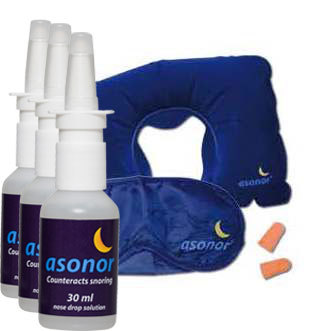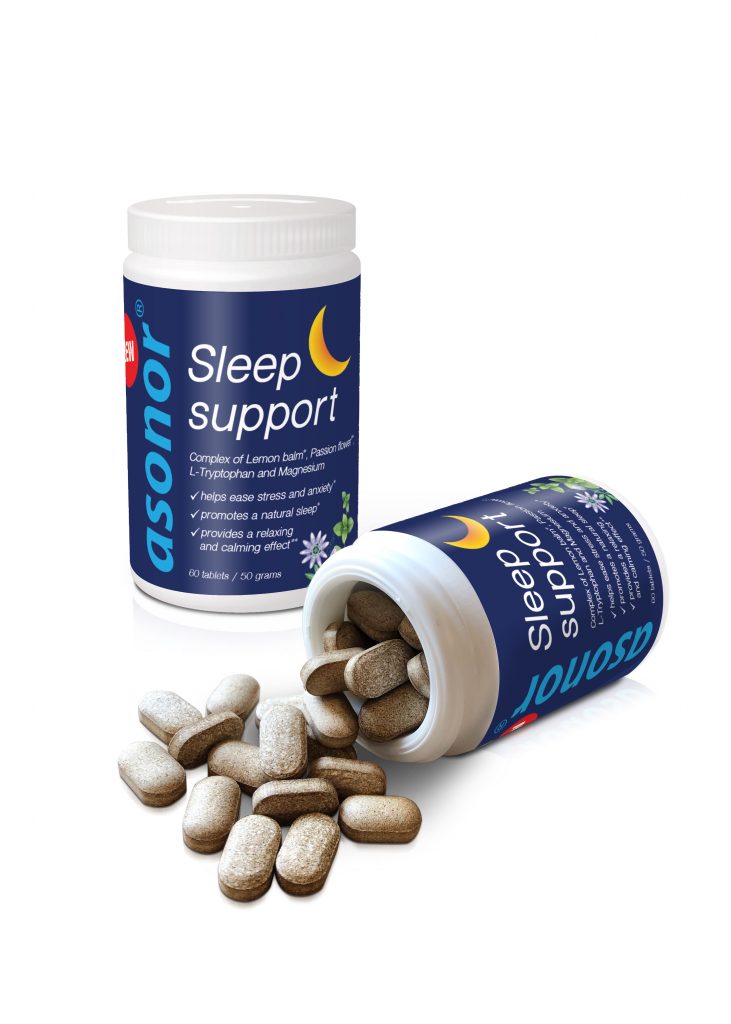If you have been snoring and have been suffering with other health related issues, it is time to get it evaluated by a medical healthcare professional. In cases of extreme snoring and sleep apnea diagnoses, patients who opt for clinical treatment are often cared for by a team of healthcare professionals trained in a number of different fields including:
- brain and nervous system conditions (neurologists)
- breathing and lung conditions (pulmonologists),
- children’s conditions (pediatricians)
- dental conditions (dentists and maxillofacial or oral surgeons)
- ear, nose and throat conditions (otorhinolaryngologists)
- mental health conditions (psychiatrists and psychologists)
These clinical treatment teams may also include nurse practitioners, physician’s assistants, and respiratory therapists. All of these individuals work in conjunction to diagnose and treat snoring as well as other sleep-related conditions or disorders. In addition to the above, members of your treatment team may also rely on certain types of analytics, apps charts, and grafts relative to your specific circumstances. All this will help the doctors or healthcare specialists evaluate the current and impending health issues that can be enhanced due to your snoring.
What Is a Snoring Index?
A snoring index is used to measure that intensity, level and frequency of your snoring when asleep. It is created by tracking snoring per hour and helps to assess the intensity and severity of an individual’s snoring. It helps to diagnose and monitor the treatment. There are many diagnostic devices, tests and smartphone apps that provide a snoring index for sleep analysis.
What Is a Snore Score?
A numerical measurement given to the intensity and severity of your snoring, tracked by mobile apps and devices, is termed as a snore score. The volume, duration and frequency of the snoring is factored in before defining a score. Heavy and frequent snoring gets a higher snore. By monitoring your snore score, doctors can track patterns and look at the efficacy of the treatment.
What’s a Normal Snore Score?
A high snore score indicates loud and heavy snoring, while a low score indicates mild snoring. Most apps consider a score of 25 as mild while over 50 as loud snoring, an indication that you may have sleep apnea.
Two Important Sleep and Snore Metrics
With the advent of advanced technology and medical innovations, today, there are apps that help you learn more about your snoring and the likelihood of developing or having sleep apnea. It is always better to get the snoring issues evaluated before it snowballs into something unpleasant and risks your health. These apps also measure other key sleep metrics as well including:
- average snoring
- snore value (snore score)
- snoring frequency (snoring index)
- snoring graph
- snoring intensity (mild, moderate, and severe)
- snoring volume
- total sleep time
- total snoring time
The app also calculates your “sleep debt” (the amount of time you over-sleep) and your snore score. It is the snoring frequency (snoring index) and snoring frequency (snore score) that we will be focusing on during the remainder of this content.
Furthermore, there are several apps that offer conclusions which provide predictions and recommendations. For example, it may tell you your likelihood of developing OSA (obstructive sleep apnea). If you’re diligent and regularly track your sleep for weeks or months, you may see the disorder in its initial stage. Basically, these apps are like a pocket physician that provides support and gives you a better understanding of what transpires while you sleep. Additionally, it helps the doctors diagnose the issue better as they have the relevant data on your sleep cycles and snoring.
Snoring Index vs. Snore Score
Your snoring index is the number of hourly snoring episodes you experience. This is calculated by dividing your total sleeping time by your snoring frequency. It’s difficult to calculate what a normal snoring index is because it depends on the person’s gender and the stage of sleep, they’re in. A person’s snoring index is typically lower in REM and non-REM sleep compared to slow-wave sleep. Additionally, the index scale for men is roughly 23% higher than it is for women.
On the other hand, your snore score measures the frequency and intensity of your snoring. Instead of just reporting the findings or readings, the snore score takes the amount of time you spend at each sleep level and the volume of your snoring into consideration. This is different from your snoring percentage, which is a measure of the amount of time spent snoring while you sleep. Consequently, a snore score can exceed 100. However, there have been cases where the snore score was 300. That is a serious issue and sleep apnea can be fatal. That is why it is important to ensure that you get the snoring evaluated at the earliest is signs of sleep derivation have set in.
So, what is considered an average snore score? Clinical studies have shown that the average or median score is around 25 and a score higher than 50 would be categorized as “bad snoring.” If your score exceeds 100, you should speak to a specialist and find a solution. Every person is unique, so it’s best not to make comparisons with others. Most experts agree that a snore score of 10 or less is less likely to disrupt your partner’s or spouse’s sleep, thereby making it a good target to aim for.
When Should You be Concerned About Your Physical Health?
If you have a high snore score, it may not be cause for concern. In most cases, snoring isn’t harmful, at least not from a physical standpoint anyway. Snoring typically doesn’t become an issue until it puts a strain on your relationship. So you don’t really need a snore score to tell you that. However, if snoring develops into OSA (obstructive sleep apnea), your physical health could be at risk if left untreated.
This is due to the fact that your airway closes repeatedly during sleep when you have the disorder. When your airway gets obstructed, it deprives you of oxygen, thereby putting undue strain and stress on your different bodily systems and your heart. While frequent, loud snoring is one of the primary signs of sleep apnea, a high snore score doesn’t always mean you have the disorder.
When to Be Concerned About Your Snoring Score
You need to be concerned about the snoring score when:
- Your snoring is accompanied by excessive daytime drowsiness
- Loud snoring that disrupts sleep
- Pauses in breathing
- Snore score of 3 to 4 suggests an intermediate snoring disorder risk
- Score of 5 means a definite sleep issue
- If you experience sleep issues, loud snoring and pauses in breathing, show it to a doctor
How to Measure Your Snoring at Home
To measure your snoring at home, you can use a variety of smartphone applications such as Sleep Cycle or even SnoreLab. With cutting-edge apps, you can record the duration, snoring patterns and intensity or you can use a sound recorder overnight to record your snoring. Make sure that your room is quiet and then place the recorder or smartphone near your bed. Analyze the data in the morning.
Get Relief from Snoring NOW!
Asonor’s anti snoring sprays are rated among the top snoring relief products. The team at Tanner Medico researched and studied the numerous aspects and causes of snoring in men, women, and children before formulating this product. What they developed is an anti-snoring solution that was clinically proven effective in 3 out of every 4 cases studied – a 75% success rate. Now it is used worldwide as an effective solution to snoring at night.
To learn more about this amazing product so you can enjoy the temporary relief from snoring, visit our website or e-mail us your questions at [email protected] today.
FAQS
Can lifestyle changes lower snoring scores?
Yes, it is possible to lower snoring score by losing weight, no alcohol intake before bedtime, side sleeping and exercising. This will reduce snoring.
Does weight loss reduce snoring index?
Yes, losing weight can help reduce snoring index. When you lose fat around the throat and neck, it widens the airways by lowering the pressure on it. That helps to reduce snoring.
How does Asonor compare to CPAP?
Asonor is a non-invasive, nasal spray designed to reduce or stop mild to moderate snoring. CPAP therapy is gold standard treatment for individuals with sleep apnea, by delivering pressurized air through a facial mask, eliminating breathing pauses.
Is snoring different in kids vs adults?
Yes, kids snore due to swollen adenoids or tonsils, or seasonal allergies and cold, while adults usually snore due to obesity, lifestyle or sleep apnea.
Do allergies raise snore scores?
Yes, allergies can raise snore scores as it makes snoring regular and loud. Allergies cause restricts airflow, congestion, and lead to mouth breathing, increasing snoring.






